On May 17th, President Xi Jinping replied to a letter from Pakistani students studying at the University of Science and Technology Beijing. In his letter, Xi announced that China would continue to provide help to all international students studying in China, and he also extended a warm welcome to excellent students worldwide to study in China. Xi encouraged the students to communicate more with their Chinese peers and join hands with youth from all countries to contribute to promoting people-to-people connectivity and building a community with a shared future for humanity.
The School of Humanities conveyed President Xi’s message to its international students and shared with them the great efforts the Chinese government and Chinese people have made to fight against COVID-19. Having read President Xi’s letter, the international students sensed the care and responsibility shown in the reply, hoping to work hand in hand with worldwide youth to help build a community with a shared future for humanity.

Marco Mazzola, an undergraduate student from Italy who majored in Business Chinese, said that he saw China’s efforts in the world pandemic prevention and control through WeChat and television, and he was touched by President Xi’s letter. He would continue to work hard and contribute to strengthening the ties between China and Italy.
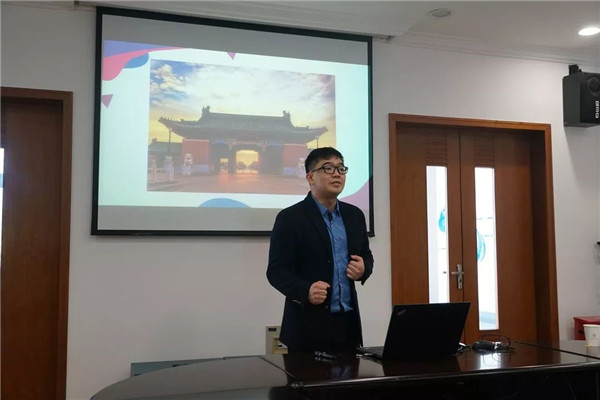
Danny Gu, an undergraduate student from Australia who majored in Financial Chinese, said he was truly delighted at President Xi’s letter. As an international students, he felt the care and warmth from the Chinese government and Chinese people.
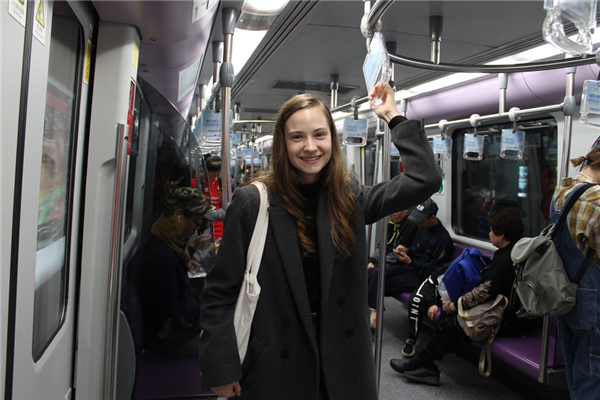
Anastasiia Brovko, a graduate student from Ukraine who majored in Chinese Language and Literature, felt President Xi’s concern for international students in China. She also expressed her gratitude to the Chinese government, the school and the university for their care and help. As for her future educational path, she stated, “I am obsessed with the extensive and profound Chinese culture and would like to pursue a PhD study after graduation so that I can have a very good grasp of Chinese culture and introduce China to my friends overseas.”
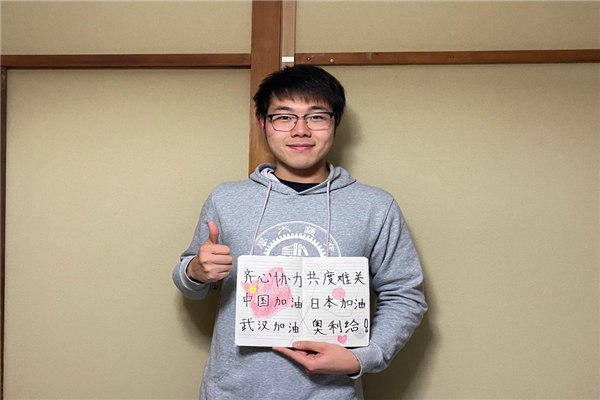
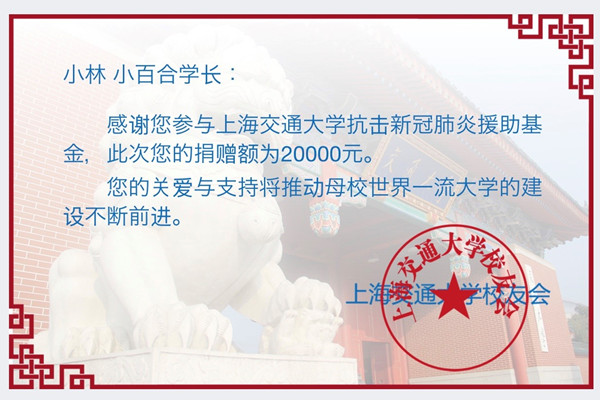
President Xi’s heartwarming letter moved international students and proved the epidemic could not break our solidarity and love. In order to express the multitude of their appreciation for the care and aid they had received from the Chinese government, the teachers, and the university, some international students from the School of Humanities, like Sayuri Kobayashi (a graduate student from Japan), Ki Ra Park (a graduate student from Republic of Korea), and Hasnae Naoui (an exchange student from Morocco), donated over 20, 000 Yuan for epidemic prevention and control. Helge Hagen Stokke (an alumnus from Norway), Baba Naoto (an undergraduate student from Japan), Watchareewan Wongsuwan (an undergraduate student from Thailand), and many more, sent encouraging messages to China. Those international students are dedicated to helping China, their second home, fight against the epidemic.
Recently, the International Student Union of the School of Humanities initiated a global relay activity called “Ji Nian,” providing an online platform for international students to share their lives and exchange their ideas during this unusual period. On May 27th, Mei Miyamoto, an undergraduate student from Japan who majored in Chinese Culture, recorded her life and shared her experiences of studying Chinese culture online. The first article, “Bosom Friends Make Distance Disappear” posted on the school’s WeChat account “Ren Wen Studio” was well-received by teachers and students and was forwarded to many other platforms.
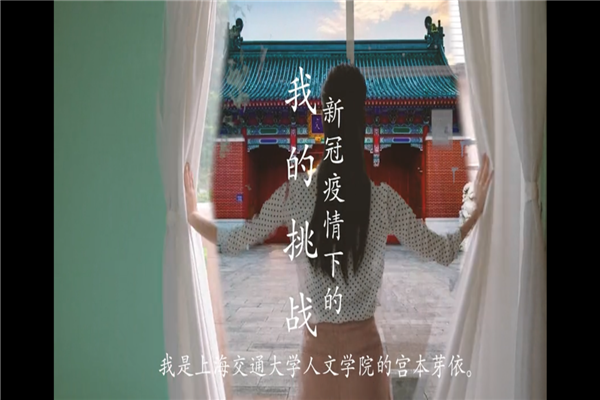
International students from the School of Humanities have always been optimistic and aspiring, and they will continue to spread love and Chinese culture like they had in the past, and will endeavor to promote exchanges and enhance understanding among worldwide students.